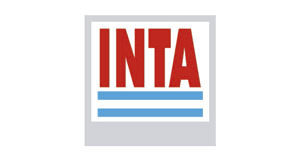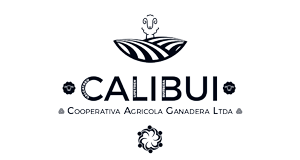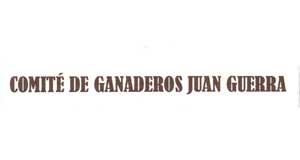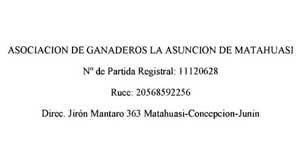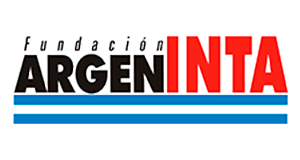Adaptation of family livestock farming to climate change
Innovating in the holistic improvement of systems through sustainable intensification, increasing the adaptive capacity and resilience to climate change of family livestock systems in Argentina and Peru.
Context of the story
By the year 2050, the agriculture sector faces the challenge of increasing production by 60% to meet global food demand. The arid and semi-arid areas of Argentina and Peru, where family farmers rely on extensive livestock farming, have high susceptibility to climate change, environmental fragility and high levels of rural poverty. In these regions, research and innovation can increase production and efficiency while accounting for environmental changes. The Sustainable Intensification of Agriculture (SIA) is the best alternative to increase the efficiency and resilience of these production systems.
Adapting family farming systems to climate change to improve livelihoods
The implemented initiative
INTA and the Universidad Agraria La Molina promoted technological innovations in four regions of Argentina and Peru with funding from FONTAGRO and their own resources. The objective was to adapt family livestock systems to climate change and link their production, through organization, to short marketing circuits, thus improving their livelihoods.
Innovations in family livestock systems in Argentina and Peru
The technological solution
Family farmers in Argentina and Peru implement technological innovations in their livestock farms, such as: protective sheds; water collection, storage and transportation for family and animal consumption; improved irrigation systems; cultivation of forage species as a protein and/or energy bank; improvements in animal nutrition through technologies such as early weaning and strategic supplementation of pregnant females; control of predators and implementation of a health plan. They are also linked to local markets through fairs and/or associative sales. All these innovations allow family farmers to adapt their systems to climate change, improve production indicators and sell their products with better quality and more fairly.
Due to climate change, we have suffered from drought. Thanks to the project we received training in practices such as early weaning, which increases lamb survival, allows ewes to recover body reserves, and reduces their water and fodder requirements
Type of project
Results
In Argentina, the combination of shelters, strategic supplementation, early weaning and predation control allowed a 30% increase in lamb and kid survival and the production of conserved forage increased by +50% with respect to the baseline. In Peru, the incorporation of improved pastures increased forage production in the demonstration fields by more than 20%, with a similar impact on milk production. The project accompanied the formal sale of more than 1000000 kg of wool and producers doubled their income. Virtual fairs for the sale of live cattle were generated. In fields where drip irrigation was applied, vegetable production increased by 50%. Double financing was obtained from other development institutions to increase innovations. +25 publications and 3 PhD theses.
We are working on the continuity through a FONTAGRO seed project - MPI of New Zealand for the transition to Climate Smart Livestock Production in Mapuche communities

 Back to the project
Back to the project Argentina
Argentina Peru
Peru